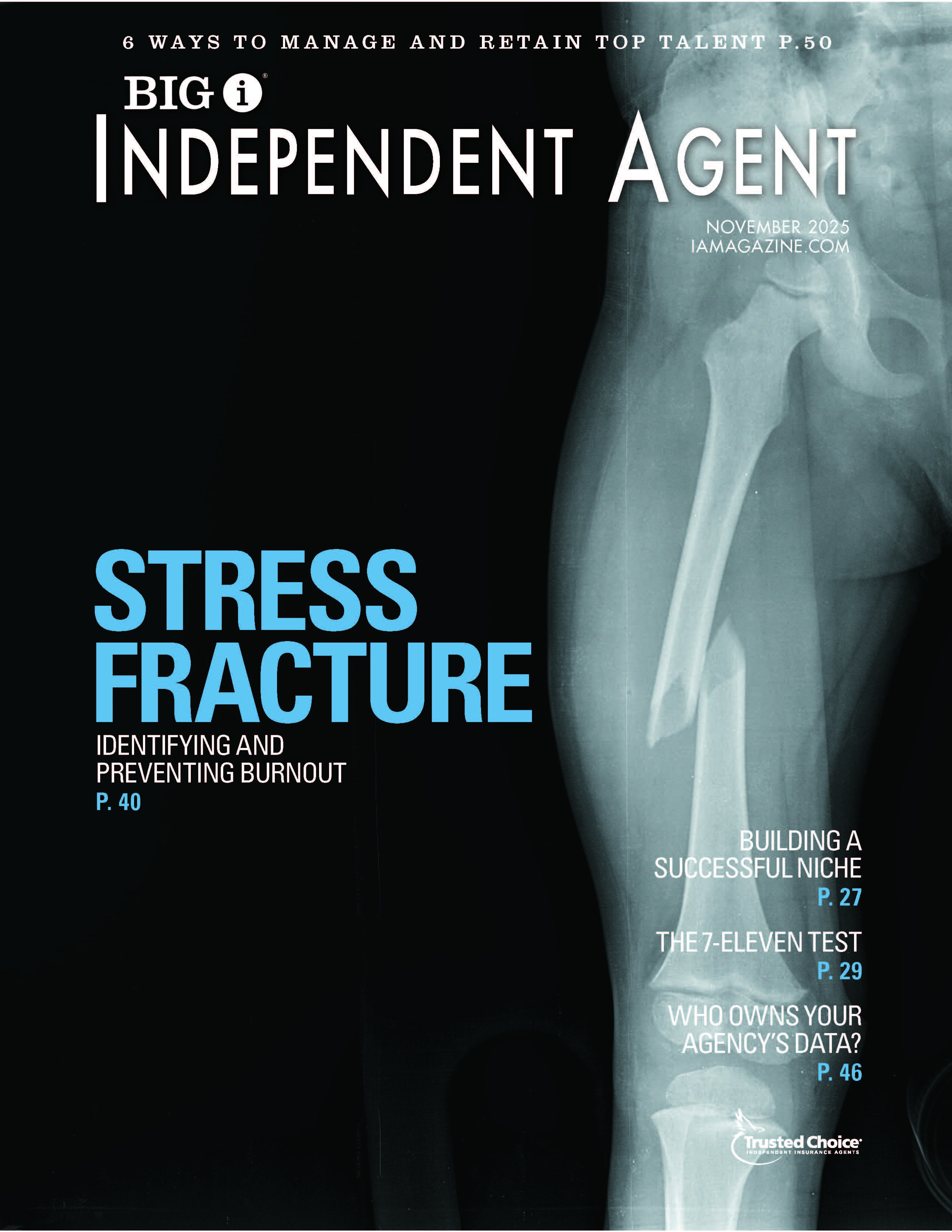E&O, Territory Limitations and Stolen Truck Cargo

By: Big “I” Virtual University Faculty
A New Jersey-based commercial client with a motor truck cargo policy filed a claim after a truck and its cargo were stolen in Canada. The carrier covered the truck, but not the cargo, citing a territorial exclusion for Canada in the policy.
There was no mention of this territorial exclusion on the quote or on the binder. The loss happened shortly after the policy became effective, before the insured had a chance to read the policy—which does mention the territorial exclusion.
Q: Can the agency fight this with the carrier? Do territorial exclusions legally need to be listed on the quote or binder?
Response 1: It would have been nice if the important territory was listed in a quote but it’s doubtful that anyone could prove it was legally required. I don’t see a territorial exclusion in the policy. What I see is a policy that defines the territory as the U.S. To quote: “ We cover property only while located within the United States of America (including its territories and possessions).”
The coverage for the truck itself probably has the standard ISO form territory, which is why the truck itself was covered.
This will likely be an errors & omissions claim against the agency rather than a claim against the program underwriters. Typically, territory is extremely important to truckers—particularly those close to U.S. borders, as was this client with a New Jersey terminal location. Thus, it is important that the agent request the territory needed by the policyholder.
Did you have a conversation with the client about the trucking operations? Did the client tell you it went into Canada? Did it tell you it never leaves the U.S.? Was it a renewal policy where that territory definition was in the expiring policy and visible to anyone who reviewed it or were you and the client new to this program? What territory was in their prior coverage program? What did you tell them about the coverage territory at the point of sale?
If you requested that the coverage territory be the U.S. and Canada, did you verify at the time of the quote that it was included?
Response 2: The application pages list the description of the client as a “local trucker.” Crossing international borders does not seem like a “local trucker” in the plain English interpretation of the term.
This was not a territorial exclusion, per se. The defined grant of coverage was for the U.S. only. That would have been evident if the policy form had been read by the selling agent.
While this form would probably have been adequate for a “local trucker,” it clearly is not adequate for a trucker that crosses state and international borders. It is the obligation of the selling agent to know what they are selling and to get coverage adjusted to address the operating characteristics of the proposed insured.
The binder indicated all the forms that would be issued with this particular cover, and I’m sure a copy of that form would have been sent to you upon your request. Binders don’t need to detail all grants of coverage and all exclusions; the forms do that, and the forms should be read by the agents.
You might end up fighting this with a carrier … but it will be your errors & omissions carrier.
Response 3: As you are undoubtedly now aware, neither proposals nor binders contain all the terms and conditions of the coverage. It seems to be clearly stated that the motor truck cargo coverage territory does not include Canada. That is not an exclusion, it is where the coverage applies: the territorial limitations. All policies are going to contain a coverage territory. Even those that are silent have a coverage territory.
And “before the insured had a chance to read the policy” is not an acceptable legal excuse. The insured did have the policy and the language is clear. The client may not have had the chance to read the policy before the claim, but the agent certainly had ample opportunity.
This question was originally submitted by an agent through the Big “I” Virtual University’s (VU) Ask an Expert service, with responses curated from multiple VU faculty members. Answers to other coverage questions are available on the VU website. If you need help accessing the website, request login information.
This article is intended for general informational purposes only, and any opinions expressed are solely those of the author(s). The article is provided “as is” with no warranties or representations of any kind, and any liability is disclaimed that is in any way connected to reliance on or use of the information contained therein. The article is not intended to constitute and should not be considered legal or other professional advice, nor shall it serve as a substitute for obtaining such advice. If specific expert advice is required or desired, the services of an appropriate, competent professional, such as an attorney or accountant, should be sought.










